Our Members Asked:
Do any supplements help reduce menstrual pain or symptoms of premenstrual syndrome (PMS)?
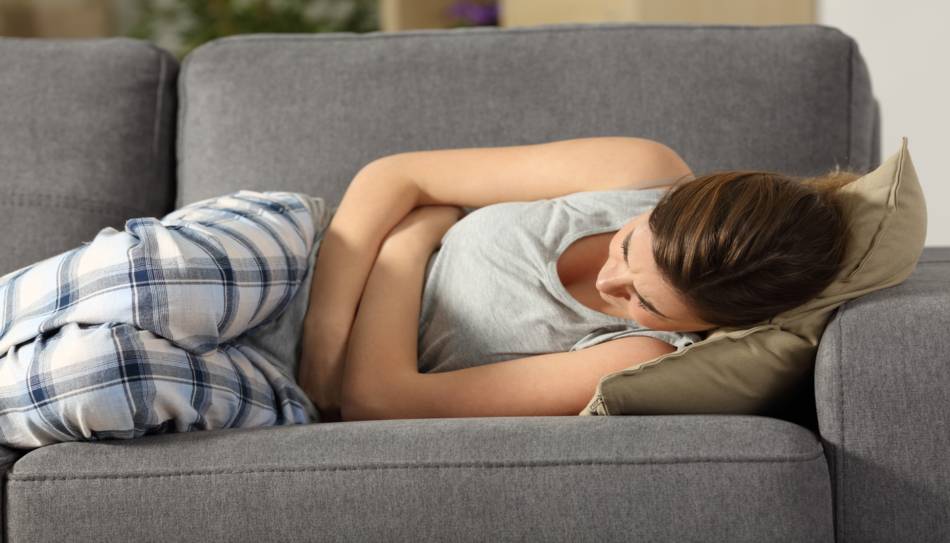
Answer:
Premenstrual syndrome (PMS) affects about 50% of women worldwide, and symptoms may include appetite changes, weight gain, pain in the abdomen and back, headache, breast tenderness, gastrointestinal issues, irritability, mood swings, and others (Gudipally, StatPearls 2023). Many supplements have been proposed to relieve these symptoms: Some appear to be helpful, while others are not, and at least one supplement may increase the risk of PMS.
Read below for details about the effects of calcium, chasteberry (Vitex agnus-castus), evening primrose oil, ginger, ginkgo, iron, magnesium, NAC (N-acetyl-cysteine), PEA (palmitoylethanolamide), potassium, royal jelly, vitamin B-6, and vitamin E, as well as the specific combination supplement Premen-Calm, on symptoms of PMS.
Supplements That May Be Helpful
Calcium supplements may significantly reduce the major symptoms of PMS, such as mood swings, cramps, abdominal pain and bloating, irritability, depression, back pain, nausea, and food cravings.
Ginger was shown to reduce menstrual pain, including abdominal pain and low back pain, as well as decrease fatigue and nausea, in one small study, although larger studies are needed to confirm a benefit.
There is also some evidence that magnesium, vitamin E, and Gingko biloba may reduce certain symptoms of PMS.
One study suggested that taking 1,000 mg of royal jelly once daily for two menstrual cycles relieved PMS symptoms compared to placebo, although the specific symptoms were not described (Taavoni, Complement Ther Med 2014).
Extract of chasteberry (Vitex agnus-castus) may improve mood swings and irritability, although supporting clinical studies have been small and low quality (Gudipally, StatPearls 2023; Girman, Am J Obstet Gynecol 2003), and a study with a combination product containing chasteberry extract showed it was not effective.
A small, preliminary study suggests that NAC (N-acetyl-cysteine) may reduce breast pain in women with cyclical fibrocystic breast disorder, which tends to worsen before and during menstruation.
Supplements That May or May Not Help
The evidence is mixed on whether or not other supplements which are commonly promoted for PMS, such as vitamin B6 and evening primrose oil, are helpful.
Taking PEA (palmitoylethanolamide) at the onset of menstrual cramps may slightly reduce pain severity after about an hour or two, but not for longer, and it does not appear to reduce use of pain-relief medications.
Taking a capsule of Premen-Calm (by Naturlider S.A.) 30 to 60 minutes before bedtime for 3 menstrual cycles did not improve PMS symptoms compared to placebo. Interestingly, both groups showed significant improvement compared to baseline, suggesting a significant placebo effect (Herrera, J Diet Suppl 2024). Premen-Calm contains 125 mg of chasteberry fruit extract, 400 mg of GABA, 250 mg of rhodiola extract, 1 mg of melatonin and 700 mcg of vitamin B-6.
How Iron and Potassium Intake Affect PMS
Be aware that women with a high intake of iron from certain sources have been shown to have a lower risk of suffering PMS than those with lower intakes -- while high intakes of potassium have been associated with an increased risk of PMS.
Join today to unlock all member benefits including full access to all CL Answers and over 1,400 reviews.
Join NowAlready a member? Sign In Here.
Join now at www.consumerlab.com/join/

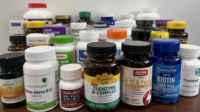
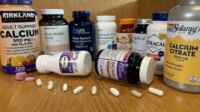
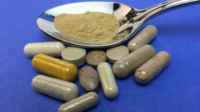
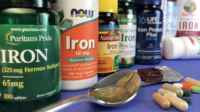
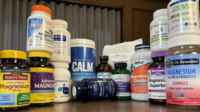
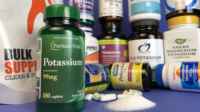





Submit your comment
This feature is restricted to active members.
Join now to add comments and get all member benefits, including over 1,400 reviews.
Join NowAlready a member? Sign in here.